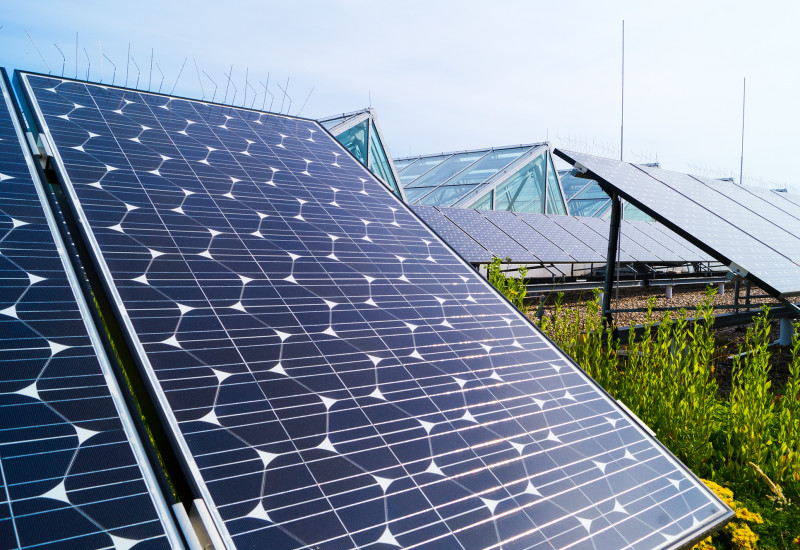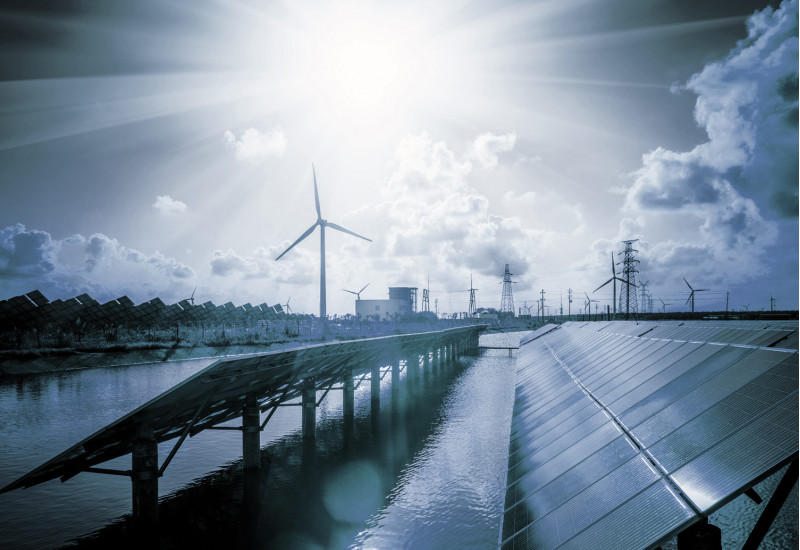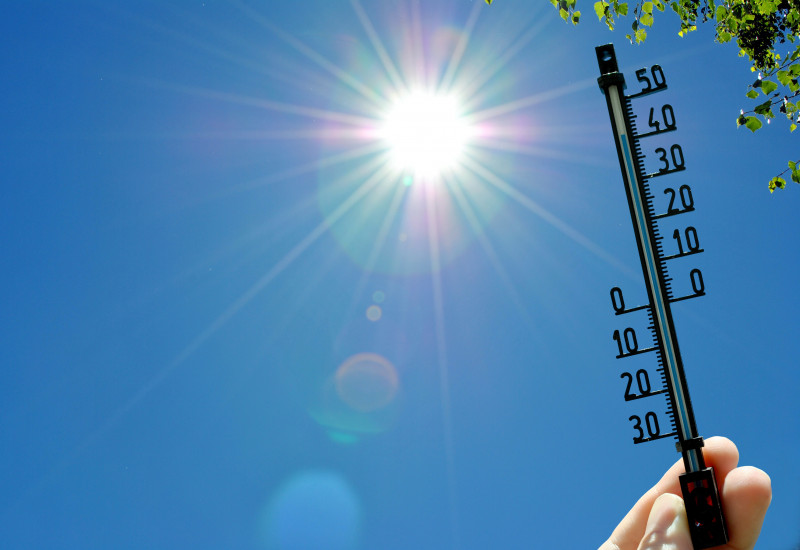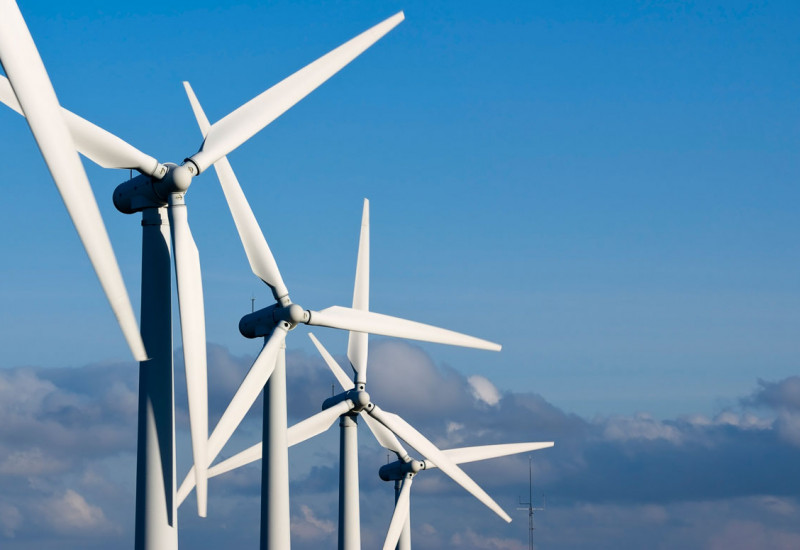Renewable energies accounted for 17.1 percent of gross final energy consumption in 2019. This is compared to a share of 16.5 percent in the previous year. This puts the target of 18 percent which Germany must achieve by 2020 under the EU Renewable Energy Directive within sight. These are conclusions based on current data from the German Environment Agency (UBA). read more










